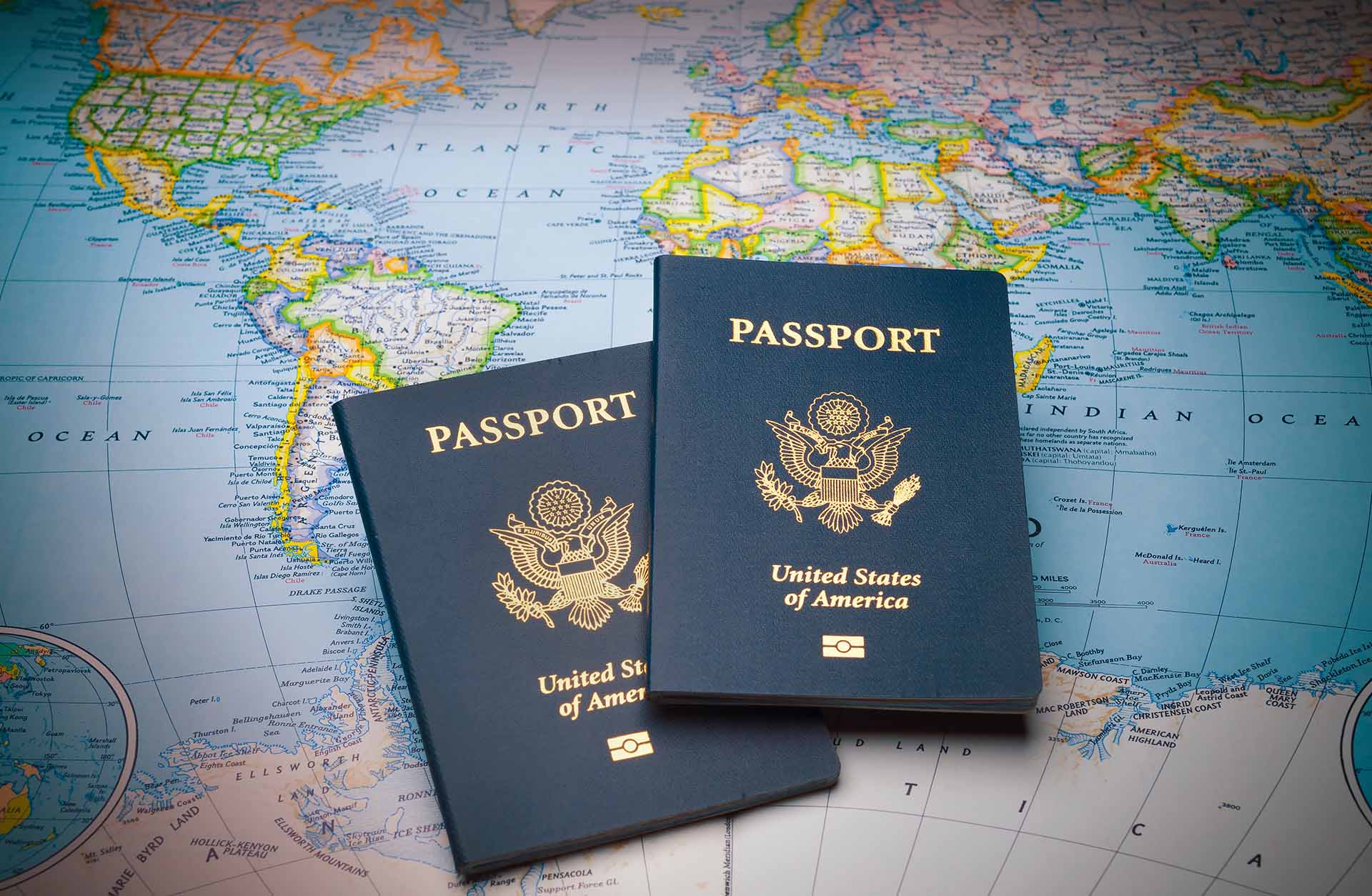Relocating homes ought to be a celebration, a new place, a new neighborhood, perhaps a new and shorter commute, and more room to breathe. However, excitement can soon become stress to most individuals as the bills moving around begin to get a lot higher than planned. Perhaps, you had made the first estimate wrong or some additional expenses just manifested themselves out of thin air. Whichever the case, whether you have ever questioned yourself why your move was more than you had planned, how to ensure that does not recur, you are at the right place.
The Unseen Expenses That Creep into Each Step.
Once the majority begin to consider the relocation, they consider the most evident expenses: truck rent, movers, packing supplies, and possibly storage. But that’s only half the story. Things that lead to the fall of budgets are the little things that go unnoticed.
An example is taking packing supplies. Boxes, bubble wrap and packing tape are just shockingly expensive, particularly when you have a multitude of delicate goods. This is also the case with utility transfers and cleaning charges. Most of the time, the rental contracts need a professional cleaning service, and that by itself may cost a day’s worth of moving assistance.
When you are selling one house and buying another, the financial process is complicated even more. Other expenses, such as the valuation of property, attorneys, and home inspection fees, may be found out later in the process, derailing even the most comprehensive budget. These are not any optional additions, they are the reality of the actual cost of moving and the earlier people are aware of them, the better.
Why Time Equals Money on Moving Day.
Something nearly no one tells you is this: moving time is not only physical exertion, but also costly time. The duration of your move is also more expensive the longer it is, particularly when you have employed professionals who charge per hour. Delays are so commonplace: the elevator is not operating, your transporting truck cannot find a parking space, or you have not anticipated how long disassembling the furniture may take.
These minor moments of time will end up costing you hundreds at the end of the day. The ability to plan and anticipate delays, such as booking parking, labelling the boxes in advance and packing before the movers arrive, can save a large amount of time and anxiety in terms of cost and stress.

Distance and Weight: The Large Price Multipliers.
In local moves, the total cost is largely dependent on time. However, in long-distance or cross-country transportation two variables are put on focus and they are distance and weight. The more distant you are, the more fuel, workforce and time your transporting enterprise must spend on your move. Similarly, the more the weight of your possessions, the more expensive it is to pack in and out.
That old treadmill, the old textbooks or that additional couch in store? They can just as well hijack your load up the price ladder. You must have a serious look at what you really need to bring with you before you move. Selling, donating, or recycling things will not only make your load lighter, but it will make your final bill lighter, as well.
The Timing Trap: The Time of the Day.
Moving companies are a similar case to airlines–they face high and low prices according to the demand. When moving out in summer, at the end of the month, or on a weekend, you will pay more. They are prime times in moving and charges may go up by 20-30 per cent than in the lean times of January or February.
This can immediately save your money by planning to move in the middle of the month or the middle of the week. Your best friend in this case is flexibility, as soon as you are able to change your schedule by as little as a few days, you might be offered significantly better prices.
Miscommunication and Misquotes.
Quotes will go all over the place even with reputable movers- and the bill at the end is not always the same as the quote at the beginning due to missing or poorly defined items. Probably you omitted any reference to that walk-up on the third floor or picking up furniture on the extra stop. Such negligence may result in unpleasant surprises and embarrassing bills on the day of relocation.
The best way to avoid this? Request a written and a detailed estimate of the job which includes all aspects such as travel time, packing, de-assembling, and fuel costs, and any other services. Do not accept some kind of a ball-park number. The clearer the quote the less headaches in the future.

Emotional Spending In Times of Stress
The process of relocating is physically and emotionally draining. During this time of weakness one can easily succumb to the so-called emotional spending. Perhaps you pick up every night because you are too exhausted to cook, or spend more money on new furniture to make the new house home immediately.
Such are explainable decisions–but they can make your move spend more money than you think. Instead of spending on transport or buying items that you do not need, simple meals, recycling things that you already have, and not spending money on impulse will save you hundreds and keep your post-move money on track.
Seeking Professional Advice Before You Relocate.
The most effective approach to ensuring your moving budget is realistic is to seek professional advice early on. You can use financial advisors to ensure that both direct and indirect expenses, such as deposits, taxes and short-term rental overlaps, are taken into consideration. Having a trained eye on your overall picture of finances, they are able to advise you to plan a move that fits perfectly in the bigger picture, whether it will be saving towards your next house upgrade or clearing off other commitments.
In the same manner, engaging the services of seasoned movers and real estate professionals will enable you to foresee and control the schedule of expenses, such that you are not caught on the wrong end later. It is not merely a question of price comparison, but it is a question of how efficiently your move is going to run.
Smart Planning Steps to Avoid Future Surprises
Begin with the development of a complete moving checklist at least 6-8 weeks earlier. Be sure to add in all the expenses you can think of, including minor ones such as pet boarding, cleaning supplies or coffee for the helpers. Then get at least three rival quotes from moving companies, request them to come and survey, and outline what is involved. Lastly, add a 10 -15% allowance to your budget in case of unexpected costs.
With any large project, the more time and transparency you put in the beginning, the better the process will go, and so will the ultimate cost.
In case your move was more expensive than you had initially imagined, then you should not harden yourself. It is a learning process with each move, and the greatest lesson to learn is to implement those lessons early the next time. Timing, weight, transparency, and all those other extras are invisible, but by paying attention to them, you will be ready to make a move that will be easier to predict, cheaper, and less stressful.
You might not control everything, but you can control how well you prepare for them, and then your next step will not only be a move but a win in terms of money.







